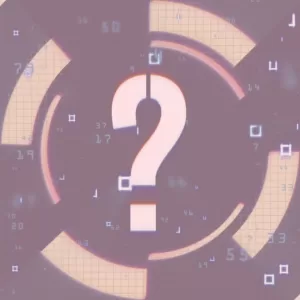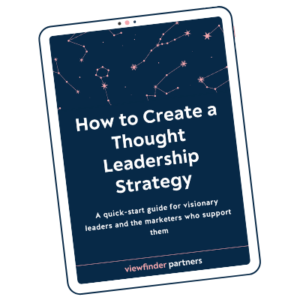Lately, I’ve been introducing my five-year-old daughter to classic holiday movies. We’ve watched all the Charlie Brown favorites, Elf, Home Alone, and her new favorite, Frozen 2 (my adult review: the plot doesn’t make sense, but the music is GREAT).
I added another movie to the rotation that might not scream “holiday” to you, but the nostalgia makes it perfect for family movie nights: The Wizard of Oz.
I hadn’t seen The Wizard of Oz since I was a teenager, and I had a completely new reaction to the story line as an adult. This time, I wasn’t focused on the novelty of the Yellow Brick Road and the good witch and the evil monkeys. Instead, my brain focused on the core characters’ very relatable journey — and their realization when they reach the Wizard.
I understood for the first time that it’s a story about imposter syndrome.
When the scarecrow asks for a brain, the wizard changes the conversation. Everyone has a brain, he says. Brains are commodities. What the scarecrow really needs is a diploma — proof that he can think deep thoughts. As soon as the scarecrow receives his official diploma and proclamation of his worth, he starts reciting equations and steps into his power as a smart, important creature.
The lion wants courage, but the wizard says he really just needs a medal — an external display of his courage that he can parade around to friends and strangers. As soon as the lion pins the medal to his chest, he puffs up and feels bigger and stronger: “Read what my medal says! Courage! Ain’t it the truth, ain’t it the truth.”
The tin man wants a heart, but the wizard convinces him he only needs a “testimonial” — a formal token thanking him for his kindness. The tin man smiles a broad smile and finally feels complete and seen.
The wizard doesn’t give the trio anything that actually affects the core personality traits they’re looking for. He doesn’t make them smarter, braver or kinder. He just validates them and gives them tokens to show he sees those traits in them already.
Do you see where I’m going with this?
Lately, when people ask me what I do, I’ve had to figure out how to explain “thought leadership consultant.” I’ve had varying degrees of success explaining “thought leadership” to family members, friends, and colleagues. But really, I could start saying I do what the wizard does. I give a serious name, rigor, and a formal process to something everyone already does: THINK.
The serious name is why so many people LOVE to hate “thought leadership.” We smirk at the self-help motivational videos from “gurus” on social media. We roll our eyes when much-lauded speakers give obvious presentations at conferences. On the whole, marketers (and everyone else) are very skeptical of self-proclaimed “thought leaders.”
But I’m here to tell you, all you scarecrows and tin (wo)men and lions out there, you have good ideas and unique perspectives hiding inside your emails, meeting notes, and heads. I’d be willing to bet that if you had a little more time and intention for your own thought leadership practice, you could step into the job.
Why let the confident wizards do all the talking? Why not step into your own savvy, confidence and compassion? Why not do yourself the favor of taking yourself a little more seriously?
I’ve been encouraging the people I admire as “thought leaders” to step up and own that title.
Why not you?
And why not the people you admire? Who is the smartest person in your office? Who is the helpful coworker who always answers your questions thoughtfully and thoroughly? Who is the calm, quiet leader whose good ideas and good intentions shape your team’s work?
Why not them? Why not you?
In 2020, one of my goals is to make the word “thought leader” cool again. We’re all craving authentic, compassionate role models. Could you be that role model for someone else? Could you tap someone for the role and encourage them to step up into their power?
As the internet continues to grow up, I think there will be more space for the people with the best ideas, not just the people whose voices are the loudest.







